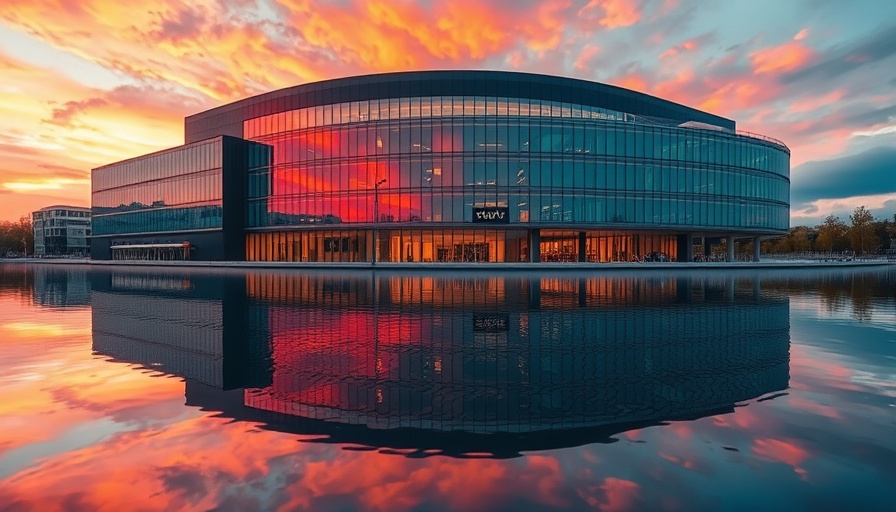
A Growing Concern: Censorship in Cultural Spaces
As the landscape of American culture shifts, museums and artistic expressions are increasingly coming under the microscope. The recent events in Fort Worth, where iconic photographs by artist Sally Mann were seized by police, represent a microcosm of a larger battle between artistic freedom and right-wing censorship. With conservative political forces gaining traction in various regions, the fear among artists and community members is palpable.
The Impact of Political Shifts on Local Art
Marshall K. Harris, a former NFL player and currently a local artist, articulates this sentiment starkly: "For an institution like the Modern to be caught in this situation, and then everybody goes silent?" His frustration highlights a concerning trend where self-censorship becomes a protective mechanism within artistic communities fearing political retaliation. This silence can lead to a chilling effect on creative expression, raising questions about the future of artistic freedoms in museum spaces.
Understanding the Artwork and the Context
Sally Mann's photographs from her Immediate Family series are not merely controversial for their portrayal of childhood nudity; they symbolize the complexities of familial relationships and the artist's personal narrative. These images have been debated since their public introduction in the 1990s, challenging viewers to confront their uncomfortable feelings toward the intimacy and vulnerability exhibited. This has become particularly relevant as art institutions navigate the need for public engagement while considering the risks associated with conservative backlash.
The Silence Speaks Volumes: Cultural Ramifications
The hesitancy to speak out, as observed by Harris, extends beyond the boundaries of individual artists. It permeates through city councils, museums, and the public at large. The modern art community is left pondering the implications of this silence. Are they complicit in allowing censorship to thrive? As expectations for public accountability increase, artists must reckon with their roles within this political landscape.
Past Examples of Censorship in Art
The situation in Fort Worth is reminiscent of previous cultural confrontations, such as the controversy surrounding the National Endowment for the Arts funding in the 1990s. The backlash against artists like Andres Serrano and Robert Mapplethorpe sparked significant debates about the limits of artistic expression and governmental support for controversial art. These historical contexts emphasize the cyclical nature of censorship in American art, highlighting the need for ongoing discourse to protect creative freedom.
A Call to Action: The Role of Communities
What can members of the Fort Worth artistic community and beyond do in the face of rising censorship? It starts with open dialogues that encourage artistic exploration despite the political atmosphere. Local leaders and cultural institutions have the responsibility to foster environments where creativity is celebrated and robust discussions regarding art can take place without fear of repercussions.
Bravely Challenging the Status Quo
As artists, silence in the face of political pressure is not a sustainable solution. Instead, it is imperative to advocate for the exploration of diverse narratives and protect the sanctity of art as a form of dissent. Museums must stand as bastions of free expression—places that invite confrontation, foster understanding, and ultimately unite communities through shared experiences, no matter how uncomfortable they might be.
Will Fort Worth's art scene rise to the challenge, or will they succumb to a culture of fear? The answer has far-reaching implications, not only for the artists involved but for the public's access to a broader spectrum of cultural narratives.
Conclusion
Censorship in the arts continues to be a critical topic for contemporary dialogues. The case of Sally Mann's photographs in Fort Worth mirrors the struggles many artists face in maintaining their voices amid political upheaval. It is a reminder that communities must advocate for artistic expression, fostering an environment that values creativity and freedom—a vital component of any thriving society.
 Add Row
Add Row  Add
Add 




Write A Comment